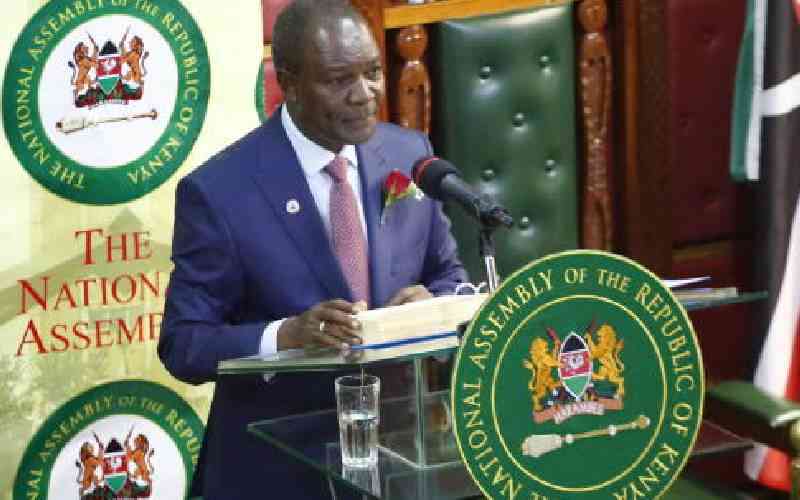
As Kenyans continue to interrogate the numbers in the Finance Bill that was presented by Treasury Cabinet Secretary Njuguna Ndung'u on June 15, it is imperative that they do so from an informed position. Otherwise, they might become easy fodder in the course of political sparring between Kenya Kwanza and Azimio political formations.
Njuguna Ndung'u finds himself in a most unenviable position where he has to raise taxes to finance his budget whether Kenyans like it or not. Whichever way the CS finally chooses to raise funds (if modifications are made to the budget proposals that he presented to parliament), he will inevitably be raising taxes to either pay offshore creditors or create an enabling environment for local investors to commit more resources to the domestic economy. So, the choice is not whether or not to raise taxes. That is not an option. The choice is who will benefit from the raised taxes, that is, the domestic economy or foreign lenders.